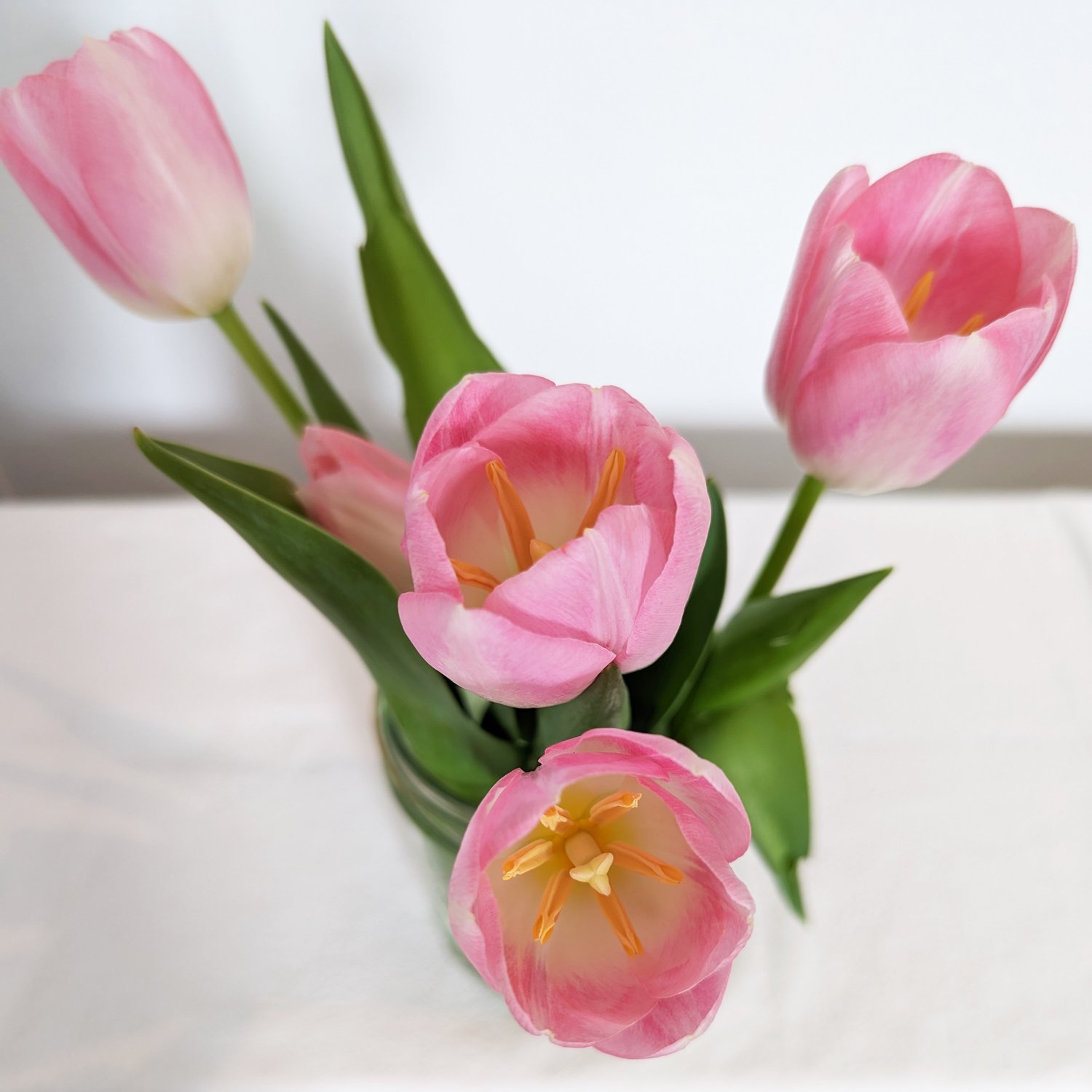Thich Nhat Hanh Quotes (on Anger)
Having grown up amid chaos, I love Thich Nhat Hanh’s quotes on anger. Intellectually, we know it’s normal for all to experience a range of emotions, but so many of us are not taught that we can mindfully practice anger. If we’re not in danger when anger emerges, I love it when one remains calm and quietly removes oneself from the situation to process anger privately. I love it when anger is safely moved to a private space, to be safely felt, understood, and processed. Because feelings are real. Feelings pass through us. But angry behavior can scar forever.
